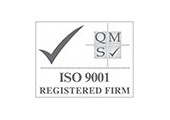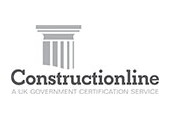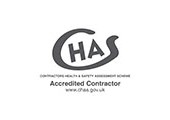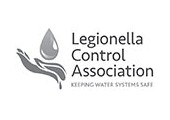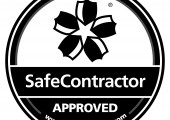Pseudomonas Aeruginosa Risk Assessments
Pseudomonas Aeruginosa is an opportunist pathogen that can contaminate and survive with the right conditions within 1 meter of any outlet.
Pseudomonas Aeruginosa can create serious risk to patients who have a compromised immune system, with particular emphasis being placed on the very young and the elderly.
There have been a number of outbreaks in hospitals in the UK, with the source sometimes traced back to contaminated water in sinks and drains.
In 2012, the Department of Health issued a guidance document for managing Pseudomonas Aeruginosa in augmented care units of healthcare premise.
This was issued in response to an outbreak in a Belfast Hospital Neonatal Unity which resulted in a number of infant deaths. The guidance document led to a published addendum to HTM04-01, in March 2013, giving specific advice relating to Pseudomonas Aeruginosa for Augmented Care units.
The HTM04-01 Addendum advises on a number of tasks to be undertaken and criteria to be met in the designated Augmented Care Units.
Working closely with infection control teams and microbiologists, CLIRA have developed a unique and bespoke Pseudomonas Risk Assessment. The assessment is very thorough and takes into account the water system, its condition and design.
The management of the water system and good housekeeping practice.
The assessment can be carried out at the same time as a legionella risk assessment.
The risk is identified as a percentage value which can be recognized as a low or a high. We will make recommendations for the risk identified, lowering the risk for potential infection.
In support we offer Pseudomonas Aeruginosa awareness training for those managing water systems (hotel services, ward managers).
